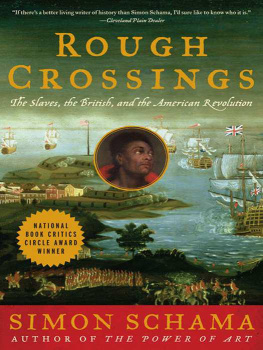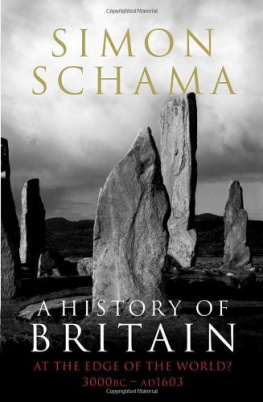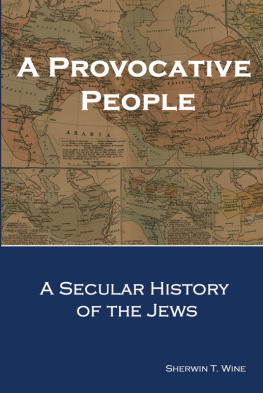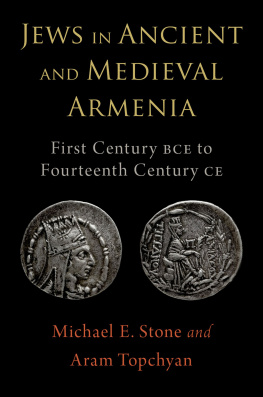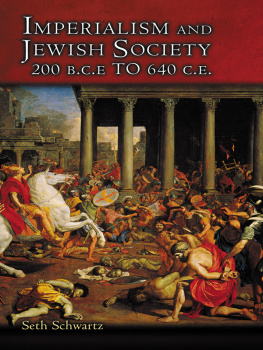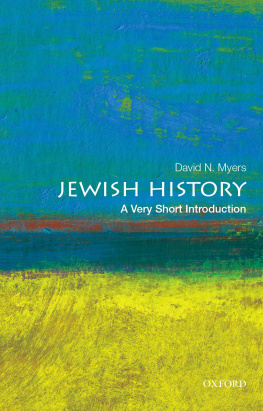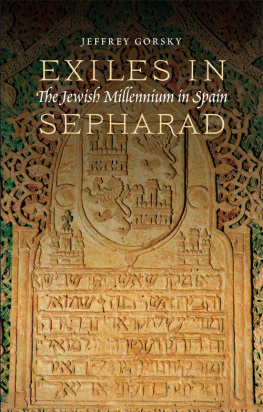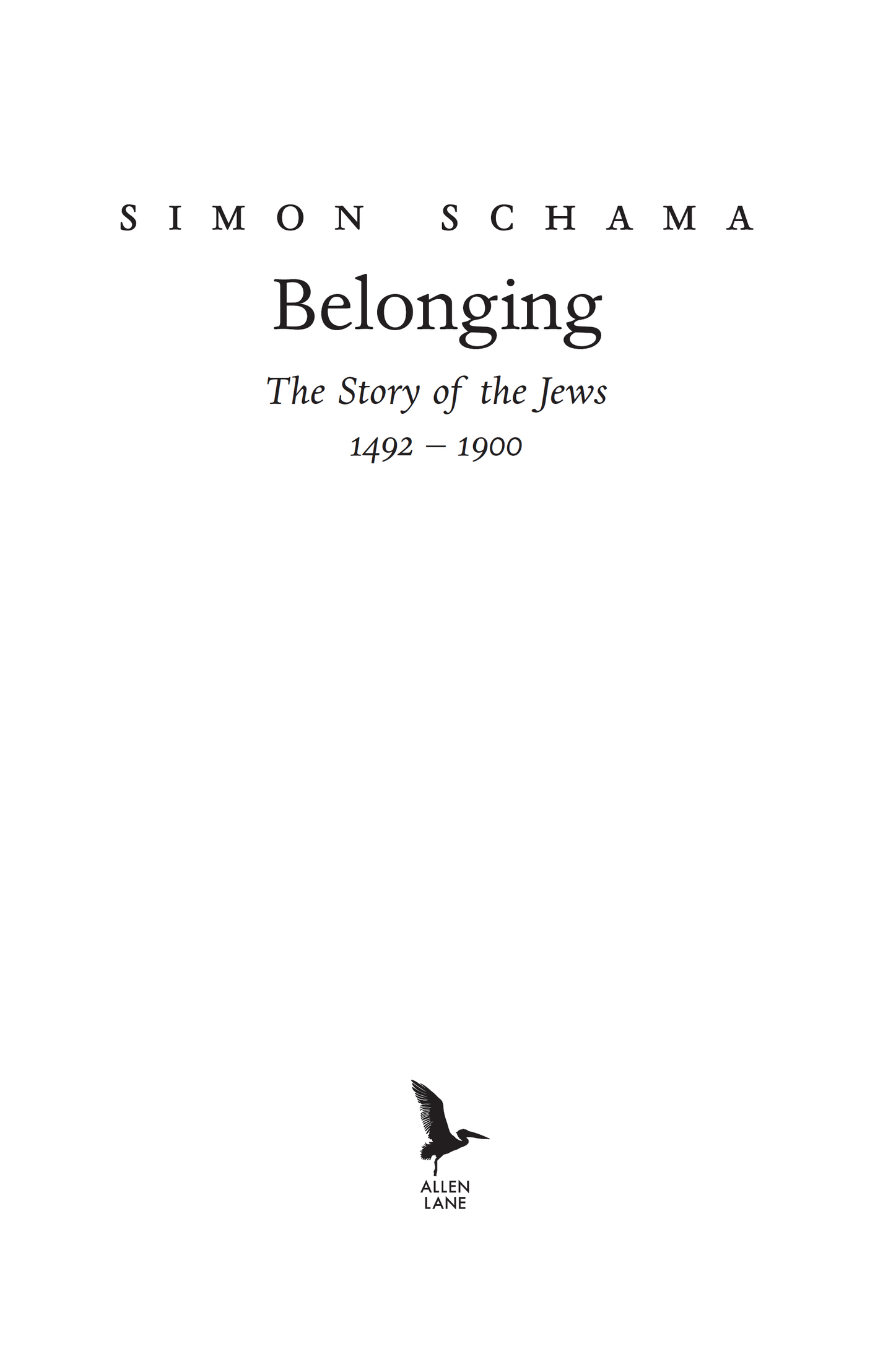Contents
ALSO BY SIMON SCHAMA
Fiction
Dead Certainties: Unwarranted Speculations
Non-fiction
Patriots and Liberators: Revolution in the Netherlands, 17801813
Two Rothschilds and the Land of Israel
The Embarrassment of Riches: An Interpretation of Dutch Culture in the Golden Age
Citizens: A Chronicle of the French Revolution
Landscape and Memory
Rembrandts Eyes
A History of Britain, Volume I: At the Edge of the World?
3500 BC 1603 AD
A History of Britain, Volume II: The British Wars, 16031776
A History of Britain, Volume III: The Fate of Empire, 17762000
Hang-ups: Essays on Painting (mostly)
Rough Crossings: Britain, the Slaves and the American Revolution
The Power of Art
The American Future: A History
Scribble, Scribble, Scribble: Writing on Politics, Ice Cream, Churchill and My Mother
The Story of the Jews: Finding the Words, 1000 BCE 1492 CE
The Face of Britain
ALLEN LANE
an imprint of Penguin Canada, a division of Penguin Random House Canada Limited
Canada USA UK Ireland Australia New Zealand India South Africa China
First published in Great Britain in 2017 by The Bodley Head, an imprint of Vintage,
20 Vauxhall Bridge Road, London SW1V 2SA
Published in Allen Lane hardcover by Penguin Canada, 2017
Copyright 2017 by Simon Schama
Yehuda Amichai, Poem Without End from The Selected Poetry of Yehuda Amichai by Yehuda Amichai, edited and translated by Chana Bloch and Stephen Mitchell, 1996 by Chana Bloch and Stephen Mitchell. Reprinted by permission of the University of California Press.
All rights reserved. Without limiting the rights under copyright reserved above, no part of this publication may be reproduced, stored in or introduced into a retrieval system, or transmitted in any form or by any means (electronic, mechanical, photocopying, recording or otherwise), without the prior written permission of both the copyright owner and the above publisher of this book.
www.penguinrandomhouse.ca
LIBRARY AND ARCHIVES CANADA CATALOGUING IN PUBLICATION
Schama, Simon, author
The story of the Jews / Simon Schama.
Includes bibliographical references and indexes.
Contents: v. 2. Belonging : 14921900
ISBN 9780670068289 (v. 2 : hardcover).ISBN 9780143193128 (v. 2 EPUB)
1. JewsHistory. 2. JewsCivilizationHistory. I. Title.
DS118.S33 2014 909.04924 C2013-908157-7
Cover: The cover uses a pattern from a Chuppah (Marriage Canopy), wool, silk, handwoven, 18671868, Bulgaria, Jewish Museum, New York Lebrecht.
v4.1
a
For Moses and Franklin who also belong to this story
Inside the brand-new museum
theres an old synagogue.
Inside the synagogue
is me.
Inside me
my heart.
Inside my heart
a museum.
Inside the museum
a synagogue,
inside it
me,
inside me
my heart,
inside my heart
a museum
Yehuda Amichai, Poem Without an End
CONTENTS
1
COULD IT BE NOW?
I. David
Sometime, somewhere, between Africa and Hindustan, lay a river so Jewish it observed the Sabbath. According to the ninth-century traveller Eldad the Danite, for six days of the week the Sambatyon pushed a heavy load of rocks along its sandy course. On the seventh day, like the Creator fashioning the universe, the river rested. Some writers described the Sambatyon shrivelling overnight into a dry bed. Others swore that the river was waterless: a moving road of stone, its rocks tumbling and grinding against each other so abrasively that its sound, a low thunder, like a tempest at sea, could be heard a mile away.
In 1480, Eldads Letters were published in Mantua, so one of the very earliest printed Hebrew texts was a journey into the imagination. But the limits of the world were shifting with every caravel sailing around the coasts of Africa and north-east to the Indies. The most fanciful thing could turn out to be true. And there was another pressing reason to hope that an intrepid traveller might find the Sambatyon. On the far side of its banks were said to dwell four of the Lost Tribes of Israel, the people who had been carried away by the conquering Assyrians in the eighth century BCE. All that was known of the location of their ultimate exile was that it was somewhere orientally remote, since the Assyrians had ruled a vast realm stretching from the coast of Yemen to the shores of the Caspian. But find the Sambatyon and you would find the Israelites, preserved in exile like insects in amber. Everything about them was miraculous. They rode about on elephants in a countryside free from noxious creatures. There is nothing unclean among themno wild beasts, no flies, no fleas, no lice, no foxes, no scorpions, no serpents, no dogs They lived in handsome, towered dwellings; dyed their clothes vermilion; kept no servants, but tilled the fruitful land themselves. Pomegranates without limit were theirs to harvest; succulently pulpy figs, honey to the bite, dropped from the trees. Their land was kosher Cockayne.
Even those who suspected that Eldads story was, in every sense, far-fetched, longed to know more, for the discovery of the river, and beyond it these lost Israelites, could signal what every Jew yearned for. Tradition had it that the appearance of the liberating prince from the house of David, the true Messiah, the Redeemer of Jerusalem, the Rebuilder of the Temple, would be heralded by the rediscovery of the Lost Tribes of Israel, with the tribe of Reuben in their vanguard. When Constantinople fell to the Turks in 1453, it was rumoured that the Sambatyon had stopped running altogether, and that the Lost Tribes were preparing to rejoin the world, if, indeed, they had not already done so. Rabbi Obadiah of Bertinoro, no gullible fool, staying in Jerusalem in 1487, made sure to ask freed slaves there whether they had news of the Sambatyon and the people beyond. The Jews of Aden, he wrote to his brother, relate all this with a certain confidence as if it were well known and no one ever doubted the truth of their assertions.
Reunion with the Lost Tribes of Israel became a consuming obsession for Christians as well as Jews. For the former there were reasons strategic and reasons apocalyptic to want the story of the Sambatyon and the Tribes to be true, and they both converged in a Hebrew moment. If the Israelites dwelled somehow beyond the limits of the Muslim world, whether in Africa or Asia, contact with them offered the opportunity to launch an attack on the Turks from the rear. Jews had already been sent by the king of Portugal to find the realm of Prester John, said to be a Christian king powerful in those faraway lands and close to the Lost Tribes. A holy alliance was within reach. The Last Days would be hastened: the long-prophesied battle of titanic antagonists, Gog and Magog, would be joined. Skulls would crack; hosannas would sound; the earth would bubble with blood. Divinely appointed warriors, magnificently arrayed, spears glittering, would go forth to battle the legions of the Antichrist. Following their victory a Christian golden age would commence. Led by the lost Israelites, the rest of the Jews would at last see the error of their ways and troop in their multitudes to the font. Christ would return, radiant in numinous majesty. Glory be to God.



